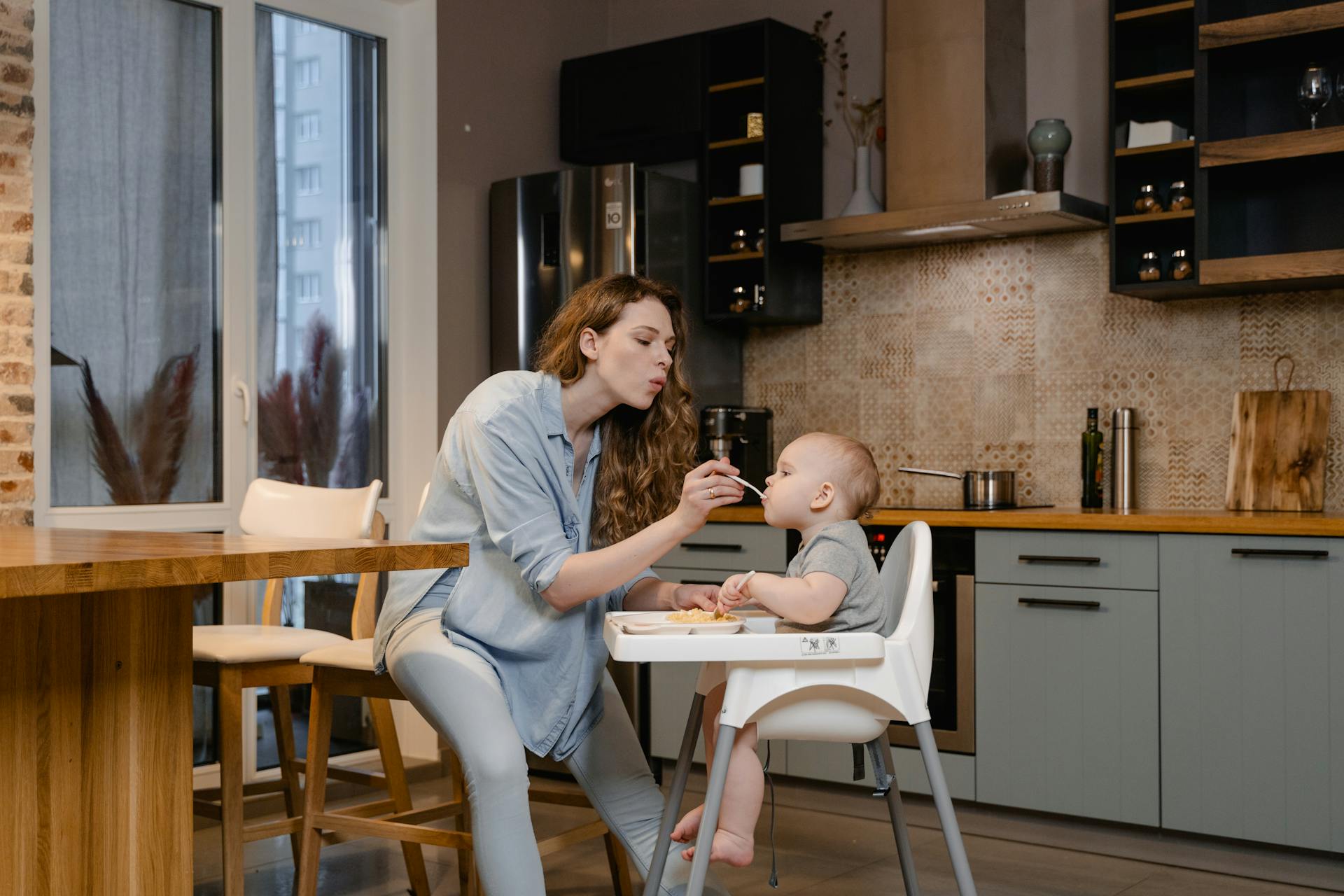To prepare a child for preschool, it’s important to focus on building excitement for learning and socializing. This milestone can feel overwhelming, but with proper preparation, the transition becomes smoother and supports the child’s academic and emotional growth.
In this guide, we’ll explore strategies to prepare your child for preschool, from fostering independence to building social skills, ensuring that their first steps into formal education are as smooth as possible.
Why Is Preparation Important?
Preschool introduces children to a structured environment, social interactions, and learning activities. While some kids may adapt quickly, others might struggle with the change. Preparing your child for this transition helps them feel confident and secure, minimizing separation anxiety and fostering a love for learning.
1. Start Building Independence Early
Preschool requires children to manage small tasks on their own. Teaching independence early can make this transition easier.
Encourage Self-Care
- Teach your child to wash their hands, put on their shoes, and manage simple clothing items like zippers or buttons.
- Practice using the bathroom independently if the preschool expects this skill.
Foster Decision-Making
- Let your child make simple choices, such as picking their outfit or snack.
- This helps them feel capable and builds confidence in their abilities.
2. Establish a Routine
Preschool operates on a schedule, so introducing a routine at home can help your child adjust.
Create a Consistent Daily Schedule
- Set regular times for meals, naps, play, and bedtime.
- Stick to the schedule even on weekends to establish consistency.
Practice Morning Routines
- Mimic preschool mornings by getting ready and leaving the house at the same time every day.
- Encourage your child to pack their bag or choose their outfit to instill responsibility.
3. Develop Social Skills
Preschool involves interacting with other children and teachers. Building social skills beforehand can help your child form positive relationships.
Encourage Playdates
- Arrange playdates with peers to help your child practice sharing, taking turns, and resolving conflicts.
- Expose them to group activities where they learn to interact in a structured setting.
Practice Communication
- Teach your child to express their feelings, needs, and preferences clearly.
- Role-play common preschool scenarios, such as asking for help or joining a group activity.
4. Visit the Preschool Together
Familiarity with the preschool environment can reduce anxiety and help your child feel more comfortable.
Attend Orientation Sessions
- Many preschools offer open houses or orientation days. Use this opportunity to meet teachers and explore the classroom with your child.
Drive by the Preschool
- If an orientation isn’t possible, visit the school building or drive by to create a sense of familiarity.
5. Talk About Preschool Positively
Your attitude toward preschool will influence your child’s perspective. Keep the conversation positive and exciting.
Read Books About Preschool
- Stories like The Kissing Hand by Audrey Penn or Llama Llama Misses Mama by Anna Dewdney can help your child relate to the preschool experience.
Share Your Excitement
- Talk enthusiastically about the fun activities and new friends your child will make.
- Avoid discussing your worries or concerns in front of your child, as they might pick up on your anxiety.
6. Practice Separation
Separation anxiety is common, but practicing brief separations can help ease the transition.
Start Small
- Leave your child with a trusted caregiver for short periods, gradually increasing the duration.
- Reassure them that you will return, and always follow through to build trust.
Create a Goodbye Ritual
- Develop a special goodbye routine, like a hug or a high-five, to make parting easier.
- Keep goodbyes short and positive to prevent prolonged anxiety.
7. Build Early Learning Skills
Preschool focuses on foundational skills that prepare children for academic success. Encourage learning at home to give your child a head start.
Encourage Fine Motor Skills
- Provide activities like coloring, cutting with safety scissors, or building with blocks to strengthen hand-eye coordination.
Introduce Basic Concepts
- Teach your child to recognize shapes, colors, numbers, and letters through play.
- Incorporate educational games or songs that make learning fun.
Read Together
- Reading aloud helps develop language skills and fosters a love for books.
- Encourage your child to ask questions and talk about the story to improve comprehension.
8. Address Emotional Readiness
Emotional readiness is just as important as academic preparedness. Helping your child manage their emotions can lead to a smoother preschool experience.
Acknowledge Their Feelings
- Talk openly about any fears or concerns your child may have.
- Reassure them that feeling nervous or excited is normal.
Teach Emotional Regulation
- Encourage your child to express their emotions in healthy ways.
- Practice calming techniques, like deep breathing or counting to ten, to manage frustration.
9. Prepare for the First Day
The first day of preschool is a big event. Planning ahead can make it less stressful for both you and your child.
Pack Together
- Let your child help pack their bag with essentials like a water bottle, snacks, and a comfort item (if allowed).
Dress Comfortably
- Choose clothing that is easy to move in and weather-appropriate.
Stay Calm and Positive
- Even if you’re feeling emotional, remain calm and supportive. Your demeanor will influence your child’s confidence.
10. Maintain Open Communication
Once preschool starts, stay engaged in your child’s experience.
Ask Open-Ended Questions
- Instead of asking, “Did you have fun?” try questions like, “What was your favorite activity today?”
Build a Relationship with Teachers
- Communicate regularly with your child’s teacher to stay informed about their progress and address any concerns.
Conclusion
To Prepare a child for preschool is a multifaceted process that involves building independence, establishing routines, and fostering emotional and social readiness. With patience and proactive steps, you can ensure that your child’s transition to preschool is positive and enjoyable.
Remember, every child is unique, and it’s essential to tailor your approach to their individual needs. By creating a supportive and encouraging environment, you’re setting the stage for a lifelong love of learning and growth.
















